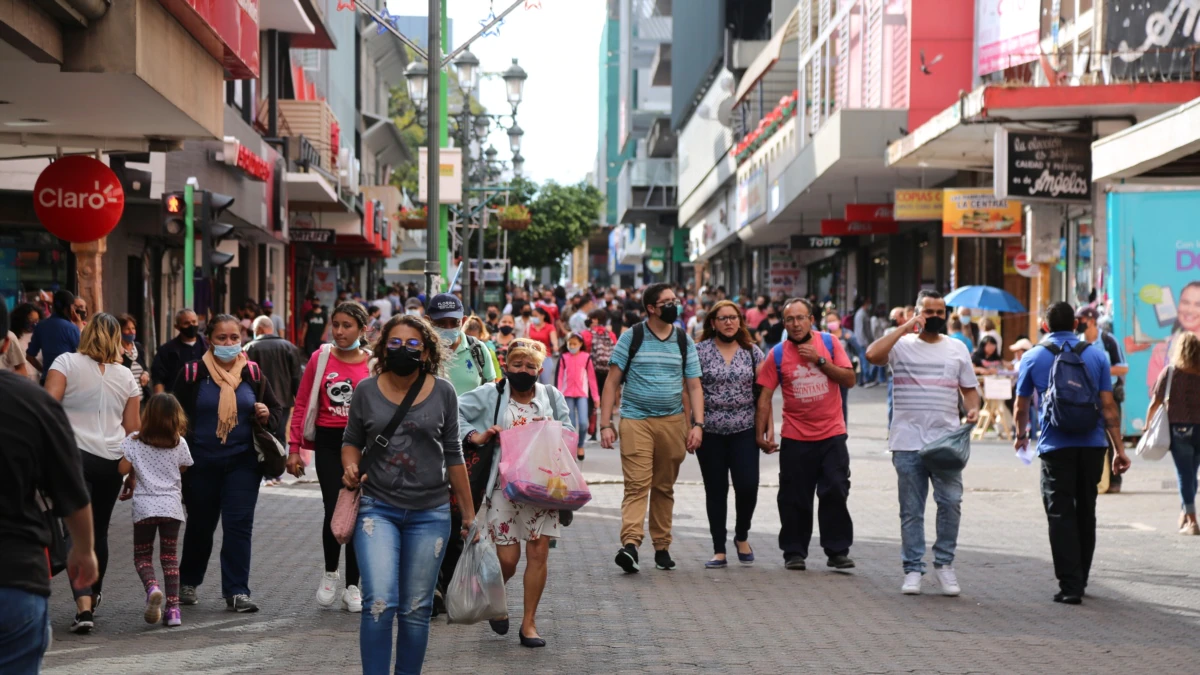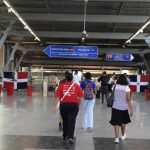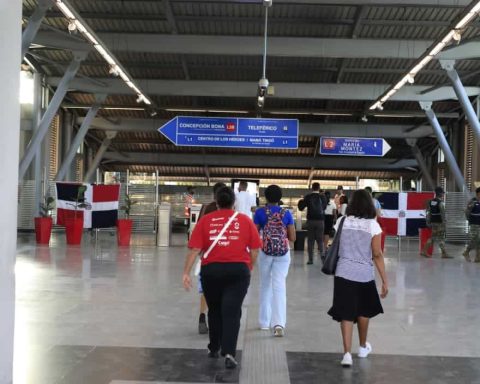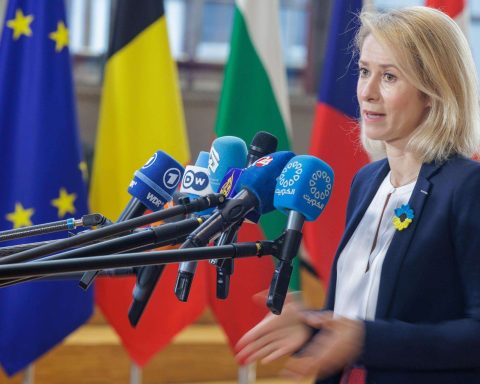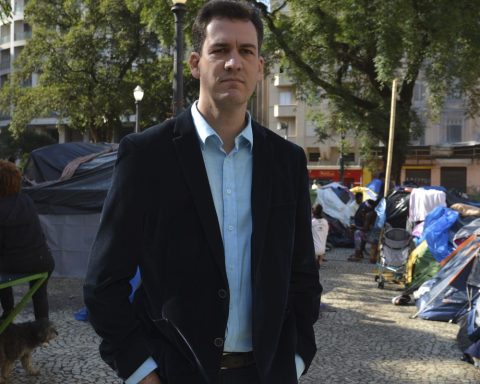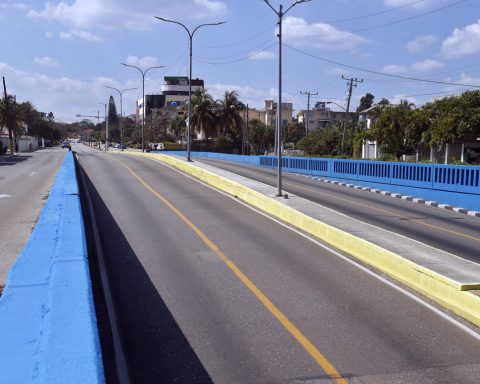The number of Nicaraguans seeking asylum in neighboring Costa Rica could reach a new historic high in 2022, based on the unusual number of applications in the first half of the year, which human rights groups link to the closure of hundreds of civil organizations by the of the government of Daniel Ortega.
Nicaraguans account for 92% of the total number of refugee requests in Costa Rica, which would exceed 80,000 at the end of 2022, the Director of Migration, Marlen Luna, estimated last week in an appearance before legislators in which she revealed that the dependency is “overflowed”.
One of the applicants, Álex Madrigal, left Managua and crossed the border informally on June 8. With 30 years and a son, he could not get a job in his homeland because he did not have the “political endorsement” of the central authorities, a requirement that private firms ask for, he told Reuters.
“I had been unemployed for six months. After the re-election, many companies have bowed to the government and demand proof that one is a government sympathizer, and I am not and would not be,” he told Reuters in the Costa Rican capital.
Between January and June, 37,500 Nicaraguan refugee requests to Costa Rica were registered, the highest number in the history of the latter country for the first six months of the year. The previous annual record was in 2021, with 53,000 registrations, according to data from the Costa Rican Migration Directorate.
In the last 12 months, there have been 79,000 requests and since the 2018 protests against Ortega there have been more than 180,000, according to Luna. “At this rate we are going to spend nine years resolving these requests,” lamented the official, who called for more help from the international community.
At the last Summit of the Americas, in June in the United States, President Rodrigo Chaves also exposed the situation. “South of the Rio Grande, no country has the percentage of regular migrants in proportion to its population that Costa Rica has, with 11.5%, more than 500,000 people,” he said.
Eight months after the disputed re-election of Ortega as president in November 2021, civil organizations continue to denounce political persecution, the imprisonment of dozens of dissidents, and the closure of non-governmental organizations. Read full storyRead full storyRead full story
On Monday, Nicaraguan groups opposed to the Government denounced that the local police occupied the only five mayorships that were in the hands of the opposition, their mayors were dismissed and replaced by supporters of the president’s party. Read full story
“There are 779 organizations cancelled. That means much more fear and unemployment, and a reason to come to Costa Rica, although there are also unemployment problems here,” Claudia Vargas, head of migration affairs at the Arias Foundation for Peace, told Reuters. , in San Jose.
In his first three weeks in Costa Rica, Álex has tried to get a job, but he must wait to receive the refugee claimant credential and authorization to work, which takes three months. “At least I do feel safer here,” he admits.
“My brother works for an independent media outlet (in Nicaragua) and they made it clear to him that they know where the family lives,” he denounced.
Connect with the Voice of America! Subscribe to our channel Youtube and turn on notifications, or follow us on social media: Facebook, Twitter and Instagram.
